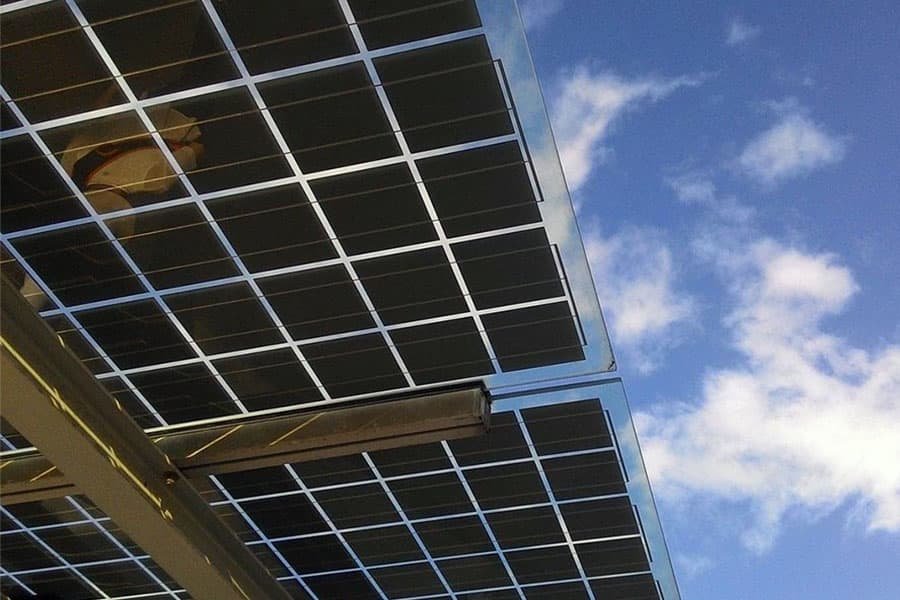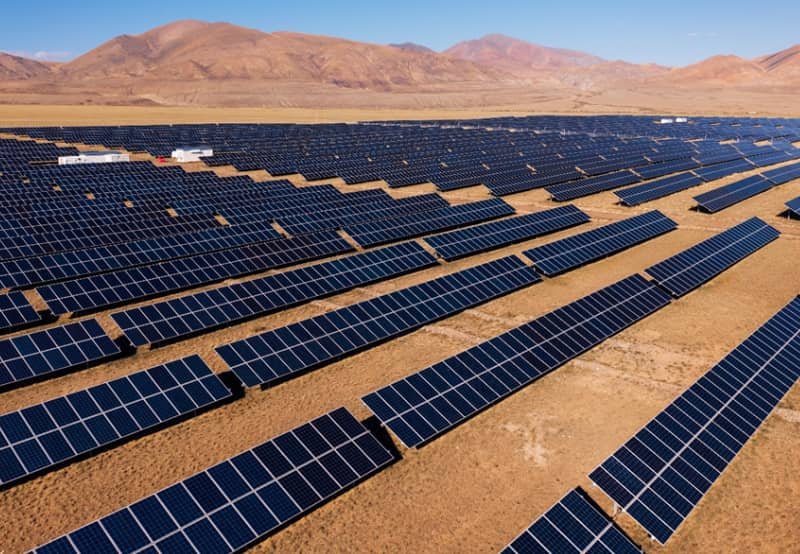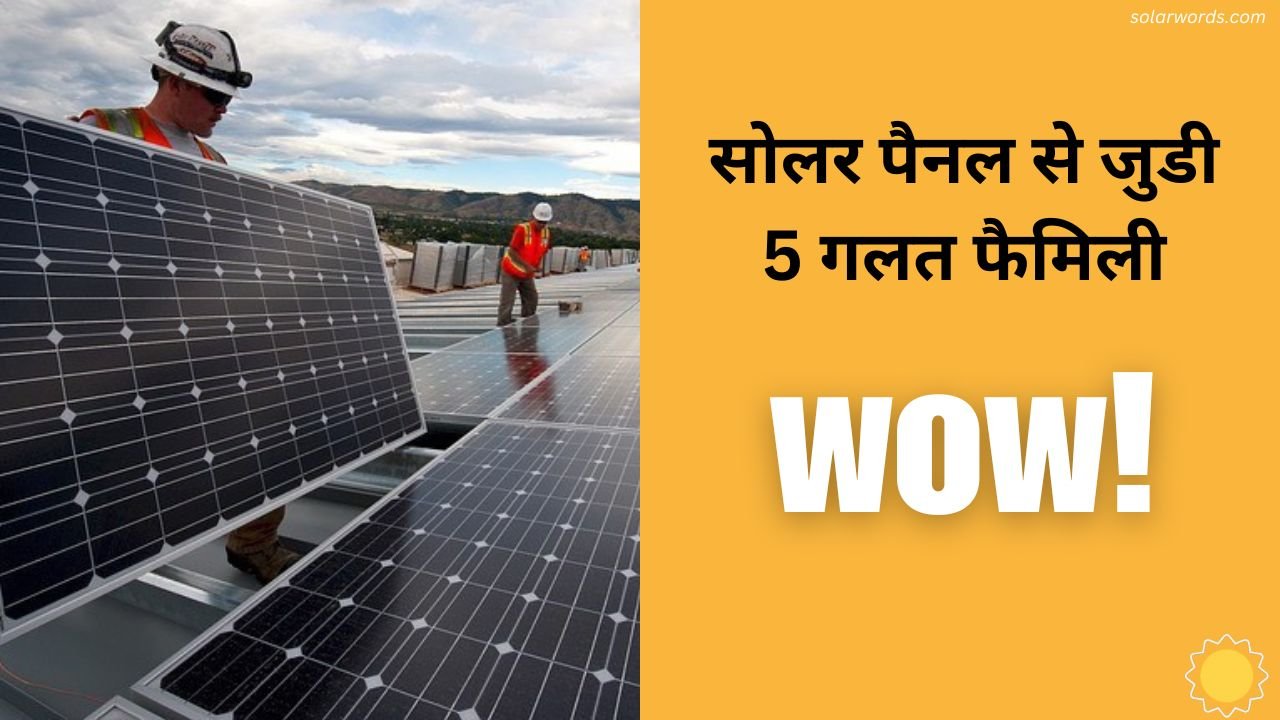Welcone To PM Surya Ghar Yojana Muft Bijli Yojana
5 misconceptions regarding solar panels
The increasing demand for electricity and the shortage of energy sources have forced people to look at alternative energy sources. Many misconceptions and myths about solar panels can prevent people from adopting this technology. In this article, we will talk about 5 such misconceptions regarding solar panels that you should be aware of before purchasing solar panels.
1. Solar panels only work in direct sunlight

A common misconception about solar panels is that they only work in direct sunlight and cannot work on cloudy or rainy days. This idea is completely incorrect. Current solar panels can generate energy even in cloudy weather. These panels incorporate advanced half-cut technology and other latest features that maintain efficiency under multiple weather conditions.
2. The efficiency of the solar panel decreases in low light
Another misconception is that solar panels only produce maximum energy in bright sunlight and that their efficiency decreases in cloudy or rainy weather. Although the intensity of sunlight affects output, modern solar panels are designed to generate energy even in poor weather conditions. Temperature plays a very important role in influencing the performance of solar panels.
High temperatures can reduce the efficiency of a panel because the absorbed energy is dissipated as heat instead of being converted into electricity. Bifacial solar panels can absorb sunlight from both sides and are effective in many weather conditions. These panels have a small gap between the cells, which allows better light access and prevents excessive heat build-up.
3. Solar panels require electricity to operate
The third misconception is that solar panel systems only work if there is an existing power supply. To do this, it is important that you understand the difference between on-grid and off-grid solar system systems. Grid-based systems are connected to the electric grid and can send excess electricity back to the grid, providing credit to the consumer. Off-grid systems are independent of the electricity grid and usually come with battery storage to store the energy generated, making them suitable for remote areas without access to the electricity grid.
4. The capacity of the solar panel is low

Solar panels can only power small consumers such as fans and TVs and are not sufficient for industrial equipment or large household appliances. This is also not true as today’s solar panel systems can handle significant loads including industrial machinery, air conditioners and freezers. The capacity depends on the design and size of the solar system, depending on the user’s needs.
5. Only rich people can install solar panels
A common misconception is that solar panel systems are only for the wealthy and provide minimal return on investment. Critics argue that spending millions on solar systems does not compare favorably to using regular electricity from the grid. While a solar panel system is a long-term investment with benefits increasing over time. The return on investment (ROI) for a well-designed solar panel system can be very high, especially in areas with high energy costs. Solar panels not only reduce electricity bills, but also provide a clean, renewable energy source.
